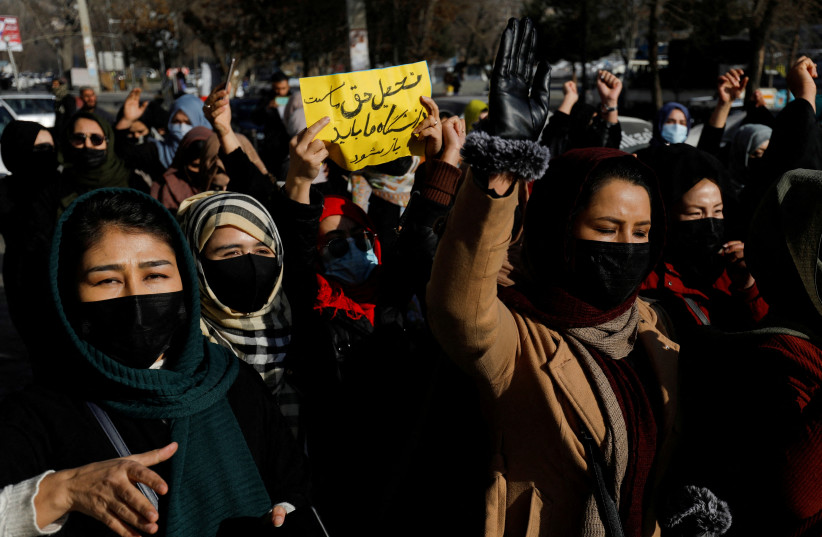The Taliban’s Ministry for the Propagation of Virtue and the Prevention of Vice has banned wedding halls in Kabul, Afghanistan from playing music and other activities that they say contradict Islamic rulings.
Music has been heavily restricted in Afghanistan since the Taliban’s return to power in 2021, causing many musicians and artists to flee and seek asylum in Western countries.
Last year, business owners were advised to avoid playing music, however, the ruling was not strictly enforced everywhere. The new ban is expected to be enforced by the Taliban’s religious police.
The Taliban considers music to be against the teachings of Islam, believing that only the human voice should produce music and only in the service of praising God.
In a statement released on Sunday, the terrorist organization said that music at weddings and other such celebrations should be replaced by vocal prayer.

Restrictions on media
During their rule from 1996 to 2001, the Taliban outlawed most forms of entertainment and media such as music, television, radio, and newspapers.
The Taliban was ousted from power after the US invasion of Afghanistan in 2001 and the following Afghan administrations were much more relaxed in regards to media and entertainment. By 2019 Afghanistan had over 200 television stations and singing competitions became popular.
In 2021, the Taliban violently overthrew the internationally recognized Islamic Republic of Afghanistan and re-seized power, establishing the Islamic Emirate of Afghanistan. Since their takeover, the terrorist organization has once again heavily restricted news, media, and entertainment across the country.
In April, the terrorist group temporarily shut down the female-led radio station Sadai Banowan, which means women’s voice in Dari, for allegedly playing music during the month of Ramadan. Six of its eight staff members are women and it is the only female-led radio station in Afghanistan.
The station was allowed to resume broadcasting as long as they agreed to obey the “laws and regulations of the Islamic Emirate”, according to the Taliban’s director for information and culture.
Violation of women's rights
Women in Afghanistan saw an immediate and drastic rollback of their rights following the Taliban's takeover of the country. Despite a senior member of the Taliban cultural commission initially urging women to join the government, women have been barred from holding high-ranking government positions.
Access to education for women has also been severely limited. Following the 2021 ban on teenage girls attending school, in 2022, women were completely banned from attending university.
Severe restrictions have also been placed on women's clothing, healthcare, right to work, and freedom of movement. Women are no longer allowed to appear in television dramas and female television presenters are required to cover their faces.
